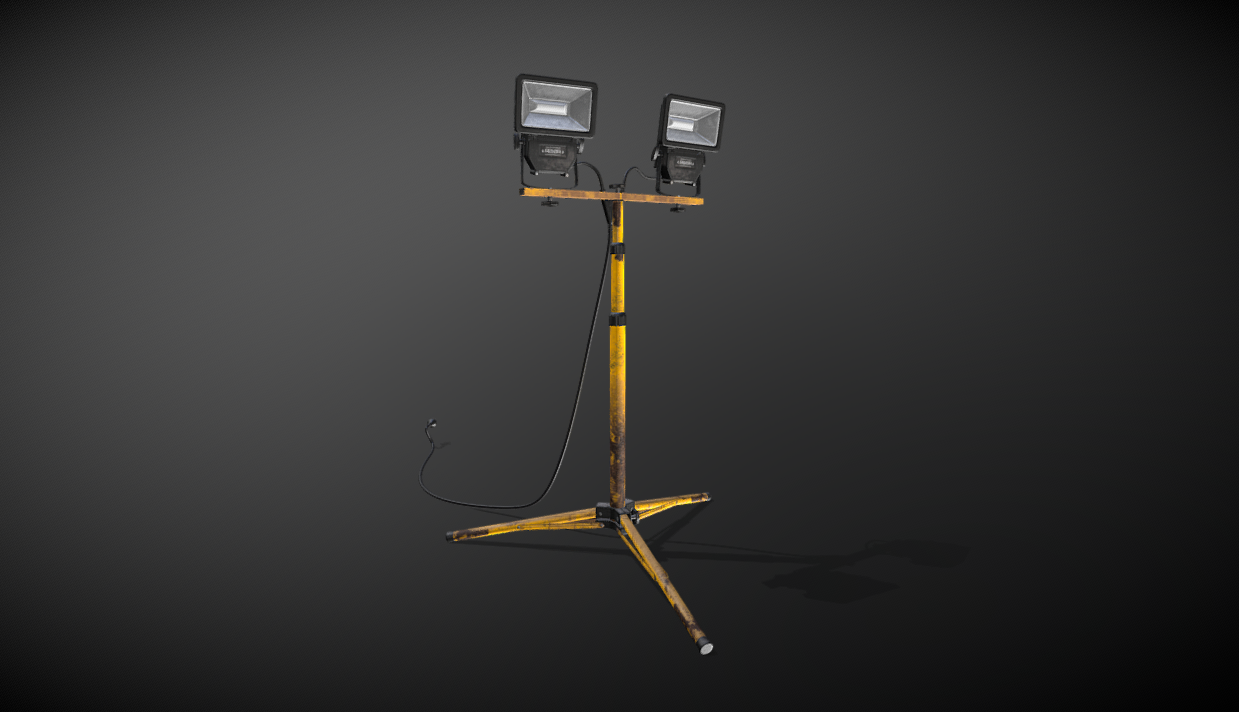Saunas, with their origins dating back thousands of years, have stood the test of time as a powerful tool for relaxation and rejuvenation. Whether it’s the traditional Finnish saunas or the more modern infrared saunas, these therapeutic spaces offer an array of health benefits that can’t be denied. With the hustle and bustle of our daily lives, saunas provide a sanctuary for the mind, body, and soul to unwind and find solace.
Stepping into a sauna, you’re met with the enveloping warmth that immediately starts to melt away the stresses that may have accumulated throughout the day. The heat penetrates deep into your muscles, soothing any tension and promoting a sense of deep relaxation. Be it the flickering candlelight in a dimly lit sauna or the gentle hum of the infrared panels, the atmosphere clears your mind and creates a serene haven away from the chaos of the outside world.
Beyond the calming ambience, saunas are renowned for their ability to detoxify the body. As you perspire in the intense heat, your pores open up, allowing impurities and toxins to be released from your system. This detoxification process can have a profound impact on overall well-being, improving skin complexion, promoting better sleep, and even boosting the immune system. In fact, some studies have suggested that regular sauna use can reduce the risk of cardiovascular diseases and lower blood pressure, further underscoring the remarkable benefits of these heated retreats.
Whether it’s the age-old rituals of the Finnish saunas or the innovative technology found in infrared saunas, the undeniable benefits of these steamy retreats are impossible to ignore. So why not treat yourself to a much-needed sauna session and experience the ultimate relaxation and rejuvenation that it provides? Step into this therapeutic haven and let the warm embrace of the sauna work its magic on your mind, body, and soul.
The Health Benefits of Saunas
Saunas are renowned for their remarkable health benefits. From relaxation to detoxification, these steamy havens offer a multitude of advantages for both the body and mind.
First and foremost, saunas promote deep relaxation. As the heat engulfs your body, your muscles begin to unwind, releasing any tension or tightness. This soothing environment melts away stress, allowing you to experience a profound sense of calm and tranquility.
In addition to relaxation, saunas are also known to enhance cardiovascular health. The heat and humidity cause blood vessels to dilate, improving circulation and increasing the flow of oxygen throughout the body. This can ultimately lead to a reduction in blood pressure and an improved overall cardiovascular function.
Furthermore, saunas aid in detoxification by inducing sweat. Sweating is an important mechanism through which the body eliminates toxins. Spending time in a sauna can support this natural detox process, helping to flush out impurities and promote a healthy and vibrant complexion.
Overall, it is undeniable that saunas offer a multitude of health benefits. From relaxation and stress relief to improved cardiovascular health and detoxification, these steamy retreats have a transformative effect on both the body and soul. So why not indulge in a sauna session and experience these revitalizing advantages for yourself?
Understanding Infrared Saunas
Infrared saunas have gained popularity in recent years for their unique approach to relaxation and wellness. Unlike traditional saunas that use heated or steamy air to warm the body, infrared saunas utilize infrared radiation to generate heat directly in the body. This method is believed to provide a deeper and more penetrating heat, offering a range of potential benefits.
One of the key advantages of infrared saunas is their ability to promote detoxification. As the body sweats in the heated environment, toxins and impurities are released through the skin. This process can help to cleanse the body, supporting overall well-being and vitality.
In addition to detoxification, there are claims that infrared saunas can also assist with pain relief and muscle recovery. The infrared heat is said to penetrate deep into the muscles and joints, helping to alleviate tension and discomfort. Some people even report experiencing reduced inflammation and improved flexibility after regular sessions in an infrared sauna.
Overall, infrared saunas offer a modern twist on the traditional sauna experience, harnessing the power of infrared radiation to provide various potential benefits. Whether you are seeking relaxation, detoxification, or relief from muscle issues, these innovative saunas may be worth considering as part of your wellness routine.
Tips for Sauna Sessions
-
Hydrate before and after: It is essential to drink plenty of water before and after your sauna session. Saunas can cause you to sweat profusely, leading to potential dehydration if you don’t replenish the lost fluids. Make sure to hydrate adequately to support your body’s natural cooling system and maintain overall well-being.
-
Use towels for comfort: While in the sauna, it can be helpful to bring a towel or small cushion to sit on. This will provide a barrier between you and the hot surface, making your session more comfortable. Additionally, having a towel on hand allows you to wipe away any excess sweat, helping you stay dry and improving your overall experience.
-
Start with shorter sessions: If you are new to saunas or using a specific type of sauna, it’s best to start with shorter sessions and gradually increase the duration over time. This way, your body will have time to adjust to the heat and you can avoid any potential discomfort or overheating. Start with sessions of around 10-15 minutes and listen to your body to determine what works best for you.
Remember, while saunas offer numerous benefits, it’s important to prioritize your health and safety. If you have any underlying medical conditions or concerns, it is always a good idea to consult with your healthcare provider before incorporating sauna sessions into your routine.









